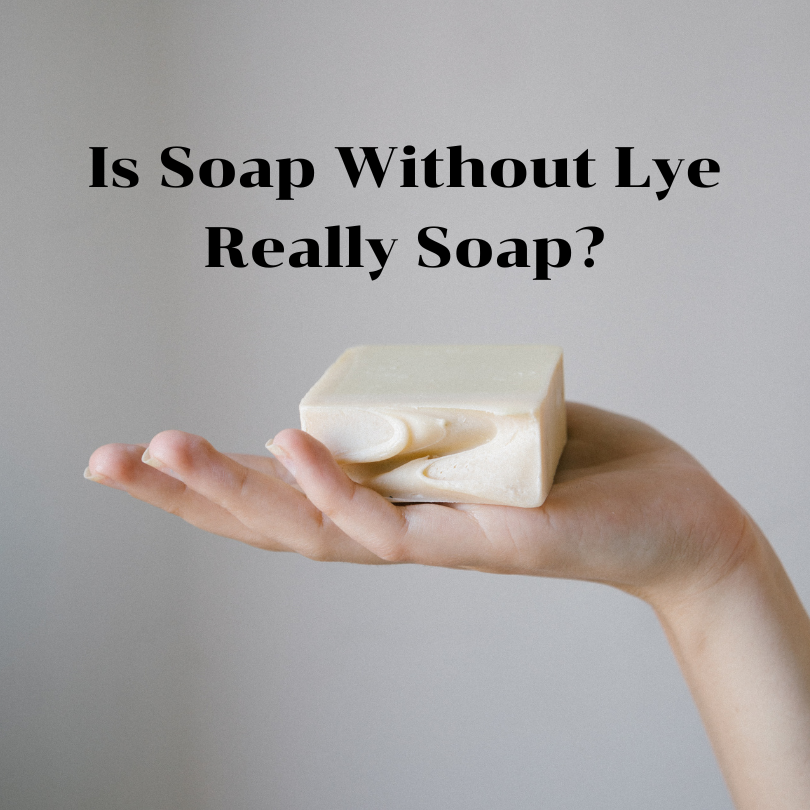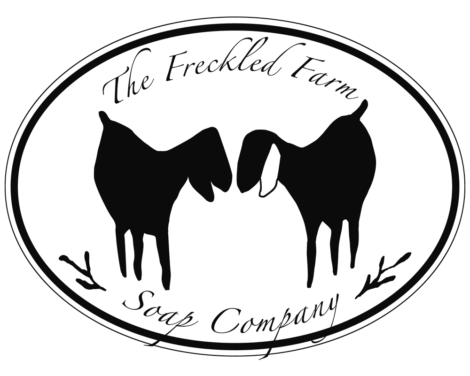
When it comes to skincare, the word “soap” is often used to describe cleansing products. However, not all products labeled as “soap” are created equal. One common debate revolves around the use of lye in soap-making. Lye, also known as sodium hydroxide or potassium hydroxide, is a key ingredient in traditional soap production. In this blog post, we will explore the question: Is soap without lye really soap?
Understanding Soap-Making:
To understand the role of lye in soap-making, it’s essential to grasp the basic chemistry behind the process. Soap is formed through a chemical reaction known as saponification, which involves combining fats or oils with an alkali (such as lye). This process breaks down the fats or oils and transforms them into soap molecules and glycerin.
The Role of Lye:
Lye plays a critical role in saponification. It is an alkali that reacts with the fats or oils, initiating the chemical reaction that transforms them into soap. Lye is used in precise quantities to ensure the complete saponification process and create a balanced, cleansing product.
Understanding No-Lye Soaps:
When you come across products labeled as “soap without lye” or “lye-free soap,” it’s important to note that this terminology can be misleading. The truth is that all true soap requires some form of lye to undergo saponification. However, what these products may refer to is the absence of lye in its original form within the final product, which is true for all soaps. If you have lye present in your final product your recipe is wrong and you need to go back to the drawing board. If soapers are calling their soap lye-free because they have managed to make a soap like product without an alkali then the product they have made is not in fact “soap”. To be legally defined as soap you have to have used alkali (lye). This is why you see a lot of name brand products calling themselves things like “cleansing bar” or “moisturizing bar”. They use other chemicals to solidify their product and cannot legally call themselves soap.
Legal Definitions:
From a legal standpoint, the term “soap” is defined by regulatory bodies such as the United States Food and Drug Administration (FDA). According to the FDA, soap is the alkali salt of fatty acids obtained from the saponification process. As long as the final product meets the legal definition of soap, it can be labeled and marketed as such.
While some soap-makers market their products as “soap without lye,” it’s important to understand that all true soap requires the presence of lye in some form during the saponification process. Lye is not an ingredient that customers should be scared of. There is no reason to avoid products where lye was used, in fact it is used in many other products aside from soap. As consumers, it’s crucial to be aware of the terminology used and understand the science behind soap-making to make informed choices about the products we use for our skincare needs.
